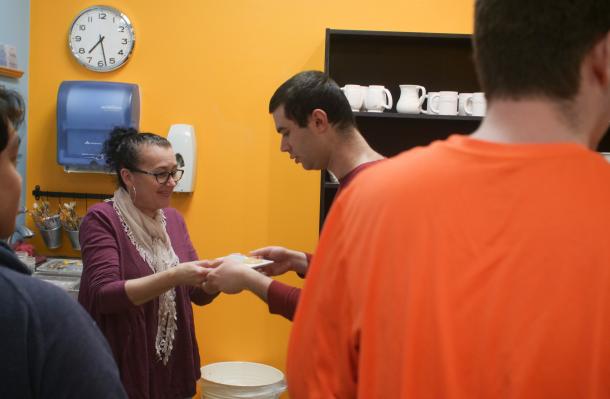Overview
Before determining what services might be needed and if someone qualifies for that service an evaluation is often needed. YAI’s Center for Specialty Therapy can support people with a wide array of evaluations to support someone’s application for a service (e.g. state-funded I/DD service, ongoing therapies, 17-A guardianship).
We offer
Psychological Evaluations
Providing diagnostic evaluations to assist in determining the presence or absence of a developmental disability according to guidelines of the State of New York.
Psychosocial Evaluations
YAI's psychosocial evaluation is a comprehensive assessment of a person's history from birth until the present time. Assessment information is usually gathered from the parent/guardian and previous evaluations.
Autism Assessment
Diagnostic evaluations — usually Autism Diagnostic Observation Schedule (ADOS-2) and Childhood Autism Rating Scale (CARS-2) — are offered to determine the presence or absence of autism spectrum disorders.
Guardianship Evaluation
YAI’s psychological testing unit conducts Guardianship Determination Assessments for parents seeking to obtain 17-A Guardianship of their child once they turn age 18.
Alternative and Augmentative Communication (AAC)
Providing comprehensive evaluations for people with complex communication needs. Follow-up training, therapy, and programming is also available.
OT, PT and Speech Evaluations
The rehabilitation department are a group of Occupational, Physical, and Speech Therapists providing evaluations and services to people of all ages with intellectual and developmental disabilities (I/DD).
Mental Health Evaluation
Offering mental health services specifically for people with intellectual and developmental disabilities (I/DD), their partners, and caregivers. Initial evaluations for medication management or ongoing therapy are provided.
YAI Services
YAI has a broad range of services for people with I/DD. From clinical services, day programs, and schools; to kitchen skills, crisis service, and independent living supports for people in the community.

